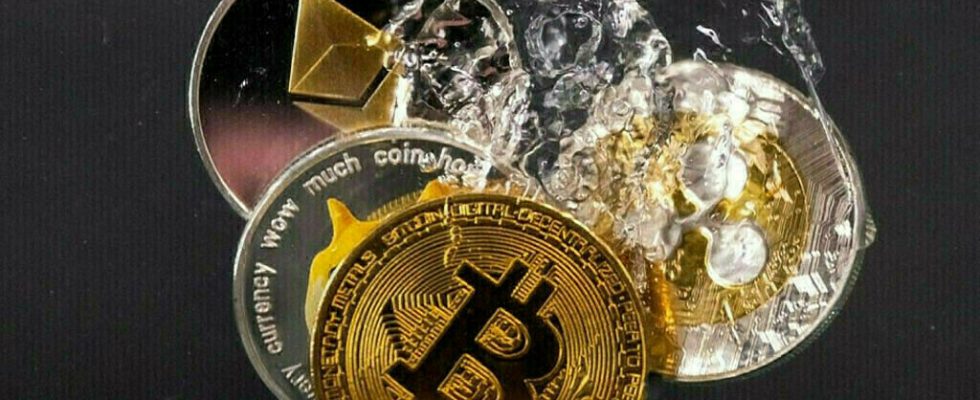In a significant development, the Venezuelan government announced that it will discontinue the national cryptocurrency Petro (PTR) as of January 15. Launched in 2018 in response to US sanctions and economic challenges, the Petro has struggled to gain widespread acceptance with domestic and international obstacles facing both situations. This decision comes amid reports of Petro’s limited availability and failure to establish itself as a widely used crypto asset. Meanwhile, another “closing” announcement came. GameStop announced that it will shut down its NFT marketplace.
The journey and limited use of cryptocurrency Petro
Introduced to circumvent sanctions and economic pressures from the United States, the Petro faced an uphill battle from its inception. Although it was created by presidential order, parliamentary opposition and various difficulties prevented its adoption. Originally launched as a potential economic lifeline, the oil-backed cryptocurrency never gained traction both domestically and internationally. The official announcement regarding Petro’s closure was reportedly made on the government-run website dedicated to the cryptocurrency.
Unfortunately, the website was not accessible at the time of writing, raising questions about the transparency of the decision. The petro is traded primarily in the administrative section of the Venezuelan Patria website, which can only be accessed by password, limiting its access. Although Petro became fully functional in 2020, it could not gain a foothold in the international market. Despite efforts by the Maduro government to promote him to member states of the Bolivarian Alliance for the People of the Americas, Petro has largely remained within Venezuela’s borders. The coin was never recognized as legal tender, further hindering its widespread adoption.
legal issues
Petro’s death was not only linked to domestic difficulties but also faced international scrutiny. Legal issues have come to the fore with the National Supervision of Crypto Assets, the body that oversees the Petro. The agency’s head, Joselit Ramirez Camacho, faced accusations of financial irregularities and ties to the international narcotics trade, leading to his arrest in March 2023.
The arrest of Ramirez Camacho led to the closure and reorganization of the National Cryptocurrency Regulatory Authority, and its closure was extended until March 2024. The investigation had broader implications, resulting in the closure of crypto exchanges and mining operations in the country, signaling a broader impact on the Venezuelan situation. Despite these challenges, Petro continued operations without achieving central bank digital currency (CBDC) status. The Central Bank of Venezuela’s plans to introduce CBDC in 2021 never materialized, leaving the Petro as the country’s primary attempt to steer the global economic landscape through cryptocurrency.
GameStop will phase out its NFT marketplace
Leading gaming retailer GameStop has announced a phase-out of its non-fungible token (NFT) market, citing regulatory uncertainty as the primary reason. The decision, which will be effective from February 2, 2024, underscores the challenges faced by companies operating in the crypto space amid evolving regulatory environments. Despite this move, GameStop assures users that their existing NFTs will continue to be accessible and tradable through other platforms.

GameStop cites regulatory uncertainty as the driving force behind its decision to shut down its NFT market, signaling another decline in crypto offerings. This decision is in line with a broader trend of regulatory concerns affecting companies in the crypto industry. In an official statement on GameStop’s website, the company stated its intention to phase out the NFT market due to ongoing regulatory uncertainties in the crypto space. This decision comes despite the US Securities and Exchange Commission’s (SEC) recent approval of 11 spot Bitcoin exchange-traded funds (ETFs), sending mixed signals regarding regulatory attitudes.
To be informed about the latest developments, follow us Twitter’in, Facebookin and InstagramFollow on . Telegram And YouTube Join our channel.
